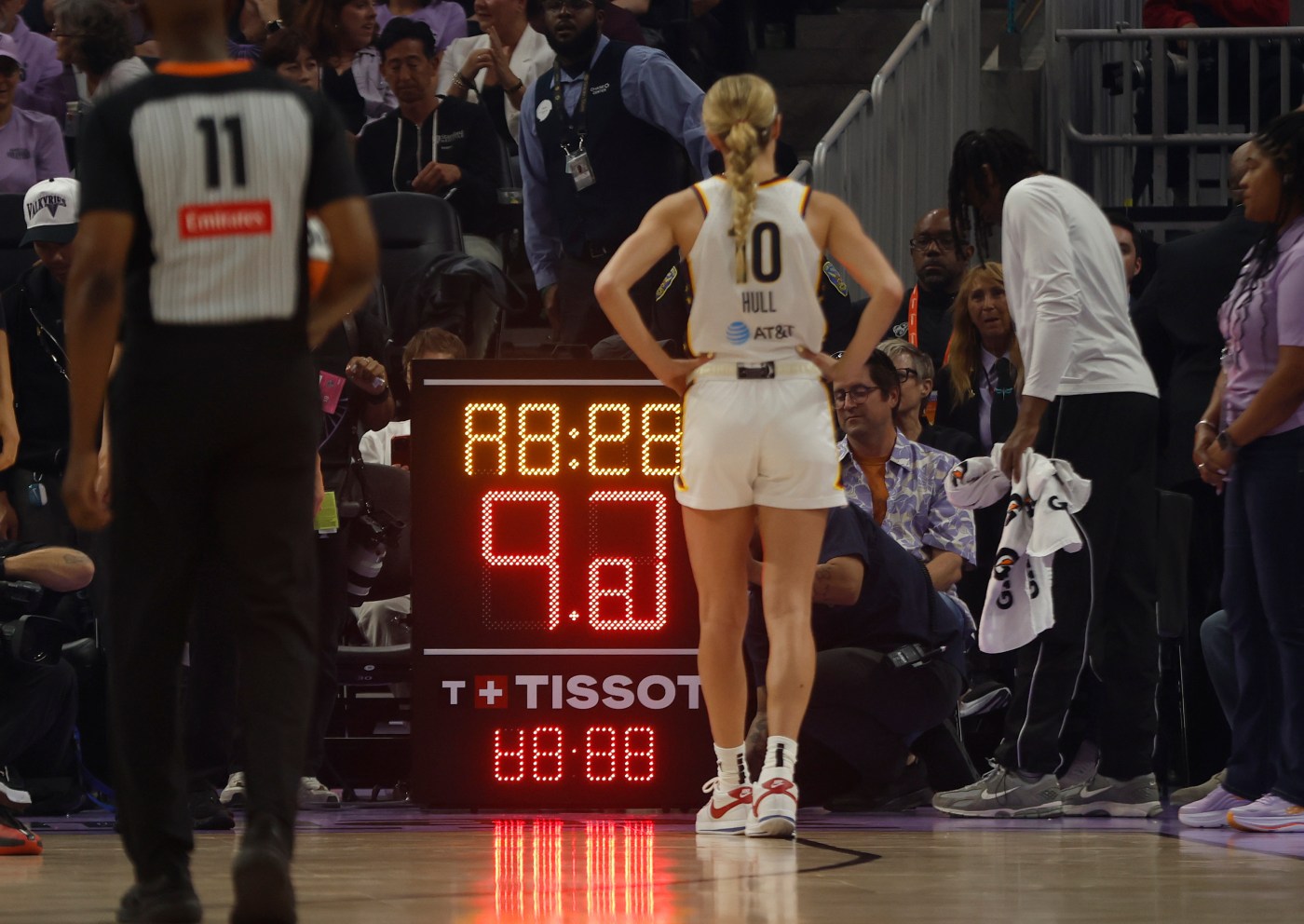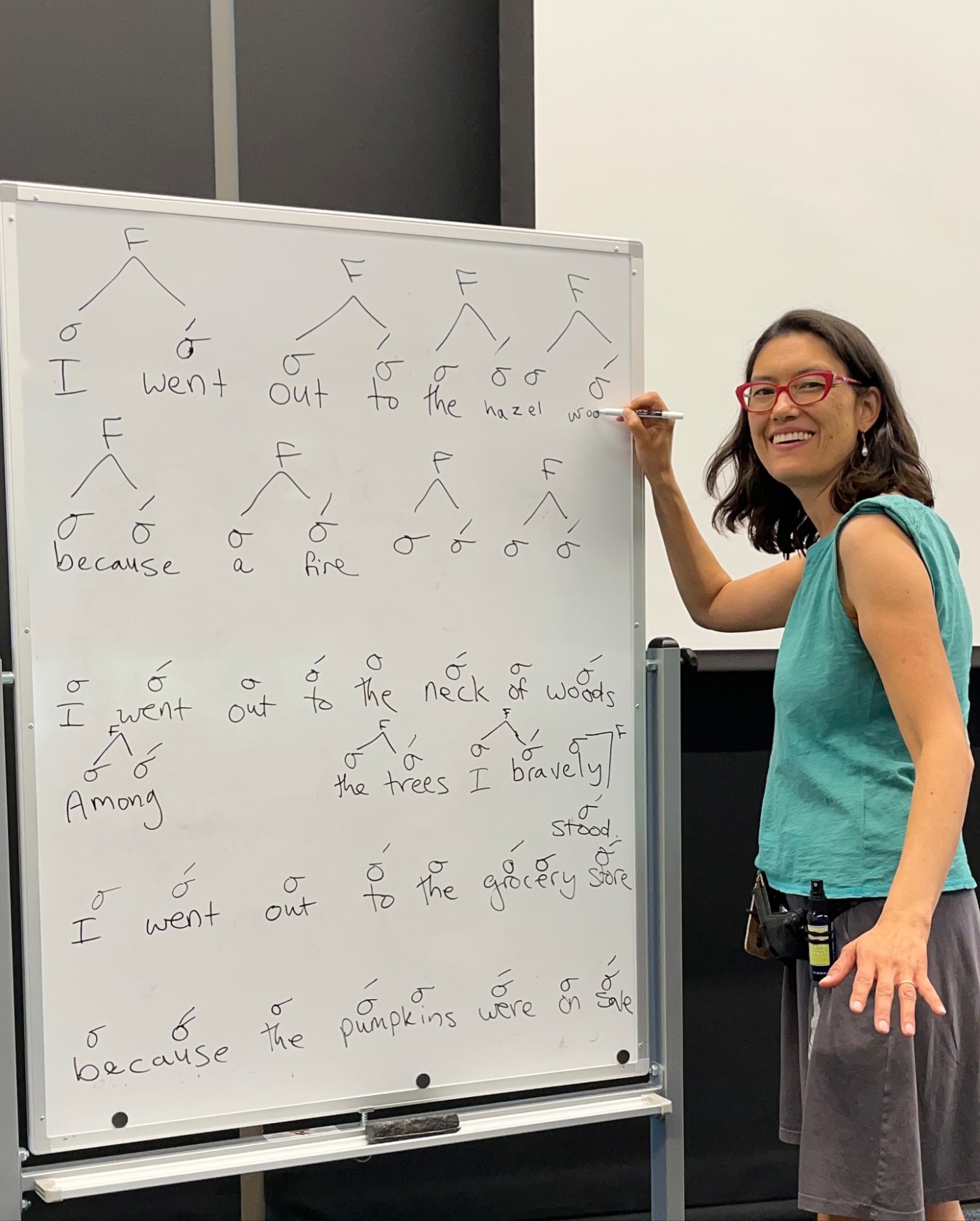Dropping a dime on a rogue employee from Castro Valley who sold U.S. Army software to a Chinese university has saved a high-level space-research company from federal prosecution, federal authorities said Wednesday.
When Washington, D.C.-based non-profit Universities Space Research Association learned that its Castro Valley employee Jonathan Soong had exported the aeronautics software to military-linked Beihang University, it notified federal authorities within days and cooperated with investigators, the U.S. Department of Justice said Wednesday in a news release.
“A criminal who compromised our national security was brought to justice because his employer caught him and immediately turned him in,” said Sue Bai, head of the department’s National Security Division. “We decline to prosecute his employer and are ready to work together with such responsible corporate actors who are committed to joining us in this fight to protect our country from foreign adversaries.”
Soong was charged in 2022 with breaking federal law regulating international transactions.
He pleaded guilty in January 2023, and was sentenced to a year and eight months in prison. Federal prison records indicate he has been released after serving his sentence.
Soong, 37, was a program manager for the research non-profit, which had a contract with NASA to sell flight-control software, the department said. Customers, according to a federal agent’s affidavit filed in court, mostly included U.S. companies such as defense contractors Lockheed Martin and Boeing, along with universities and some foreign companies and universities.
NASA noticed sales of software to China-based buyers and notified the non-profit. Soong, after initially lying to his employer, admitted he sold software to Beihang University, which was involved with developing military rocket and drone systems, the department said. Such sales broke a federal law requiring an export license for exports of certain technology to certain entities, the department said.
Soong “embezzled tens of thousands of dollars in software license sales by directing purchasers to make payment to an account he personally owned and controlled,” the department said. The agent’s affidavit alleged Soong estimated he had stolen about $150,000 in connection with the software sales.





